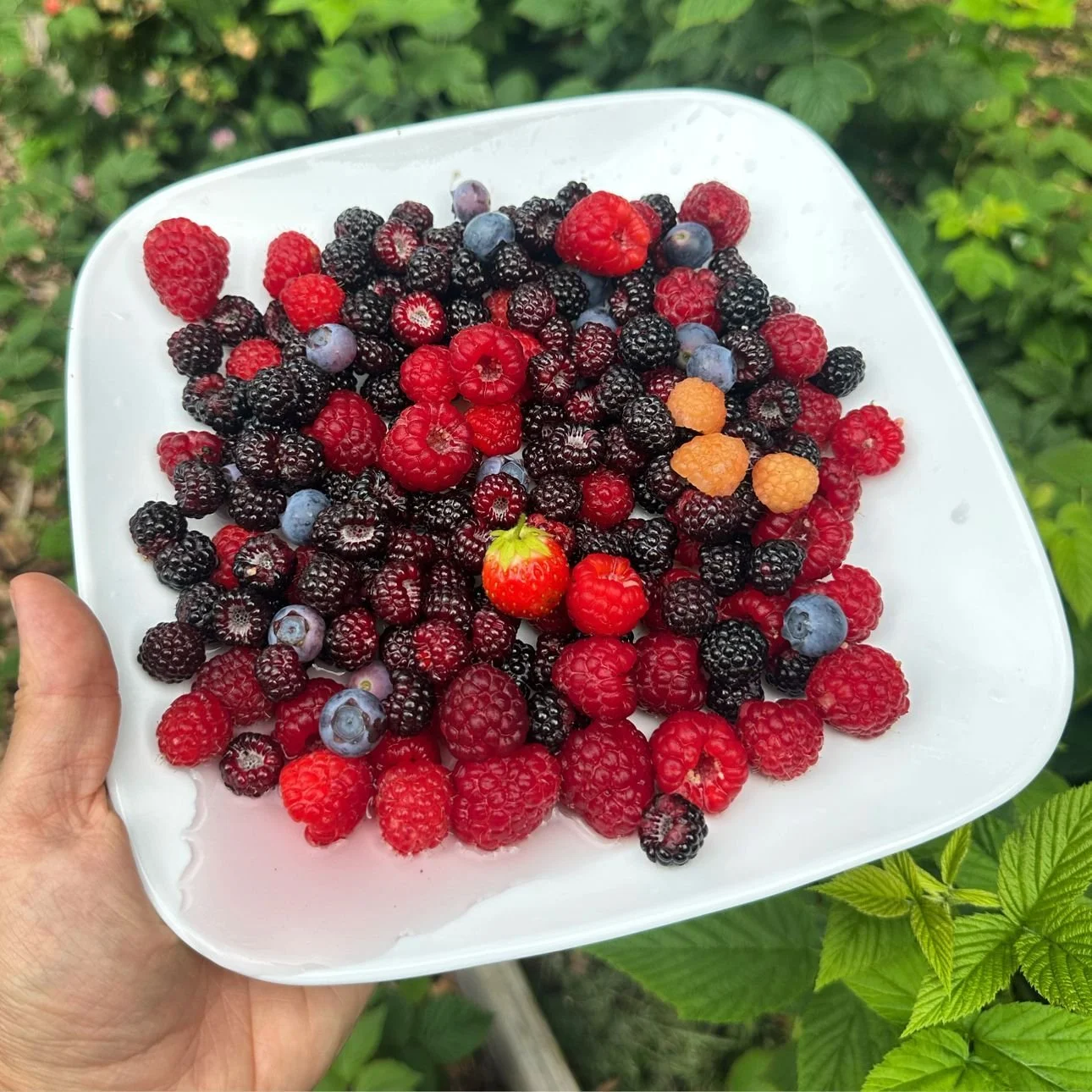If we’re not in a recession, why did food insecurity increase at rates not seen since 2008?
The latest food insecurity in the United States are the worst they’ve been since the Great Recession and are poised to get much worse as politicians push forward SNAP and WIC rollbacks.
Why so much soy?
If you, like me, enjoyed some tofu with rice noodles from time to time, I’ll go ahead and spoil things for you: You and all the tofu eaters out there were not the culprit. Neither were all the preschoolers eating their Dora the Explorer-branded edamame snack packs.
Climate, food systems, and when the math isn’t mathing: Learnings from Grow Well’s Work in 2023
To reflect on 2023 and prepare for 2024, the Grow Well Consulting team sat down to discuss the challenges and opportunities they’re facing in the agriculture and food system worlds.
Shrinking the Carbon Hoofprint: Ireland Charts A Collective Path to Climate Smart Cows
Structural systemic differences between the Irish and American models of dairy production illuminate opportunities to achieve more than 50% reductions in methane emissions with management changes that increase grazing, reduce manure storage, and incorporate novel feed ingredients.
No Imports, No Food: The Food System Divorce that Deserves More Attention
For decades, there has been a growing divide between American farmland and American diets. In the last 5 years, this trend crossed some critical thresholds catapulting the ag land-rich US into new net food importer territory.
What Gets Regen Blogged Gets Manipulated (Part 2)
Alright folks, I know this feels like it’s lost all sense of meaning or structure, and just a reminder here, that we’re following the structure *line by line* of an essay that an industry leader described as “brilliant.” In case anyone is wondering how “climate smart ag” is going.
What Gets Regen Blogged Gets Manipulated (Part 1)
On cattle, climate, scientific uncertainty and whether we know enough to make better decisions.
We Need Food Environment Innovation
In a world where the food system is facing multiple crises, from climate change to increases in diet-related diseases and mortality, innovation is an imperative. We need to innovate our food environment – how we choose and acquire food, where we eat, when we eat, who we eat with, how much time we take to eat – not just what we eat in order to achieve better health outcomes.
Creative Solutions for Addressing Food Waste Across the Food and Beverage Value Chain
Food waste in the United States and across the globe is now estimated to account for about 8-10% of the food system’s climate impact.
Alison’s 2023 Summer Book List: A Journey Through Social, Environmental, and Economic Perspectives
Books have the power to open our minds, challenge our perspectives, and drive us to take action. My recommended books in this blog post offer profound insights into climate change, inequality, housing insecurity, economic justice, and the food system. By reading and reflecting on these thought-provoking works, we can deepen our understanding of these complex issues and better understand how to address them.
Unlocking the Potential of Organic Agriculture: Insights from Current Research
Research on organic agriculture shows the system has potential to adapt to climate change by enhancing resilience and lowering dependence on fossil fuel derived inputs.
To Get Credit for Their Climate Work, or Even Comply With Emerging Regulations, Agri-food Companies Need Enhanced Traceability
Agri-food companies need traceability to the point of production to comply with emerging voluntary and mandatory climate and other sustainability disclosures.












